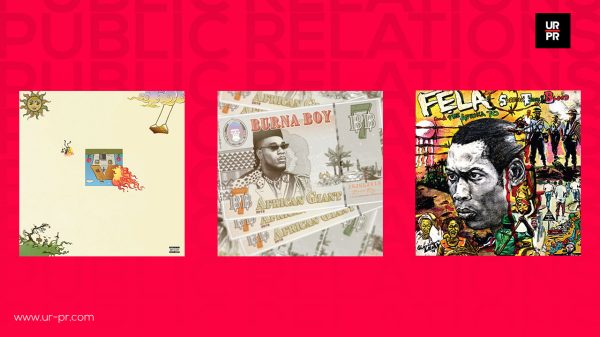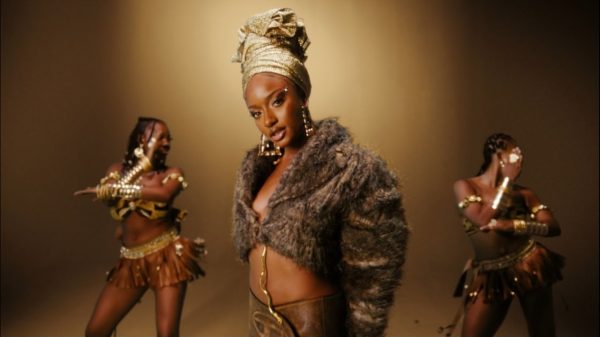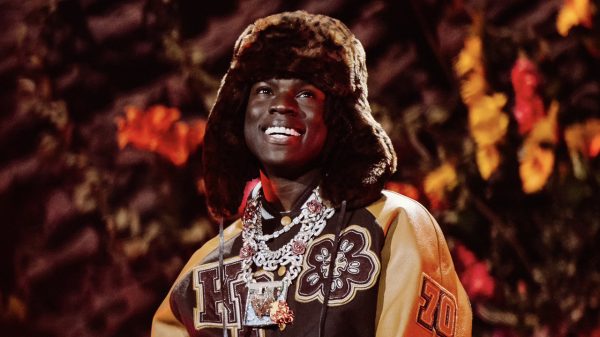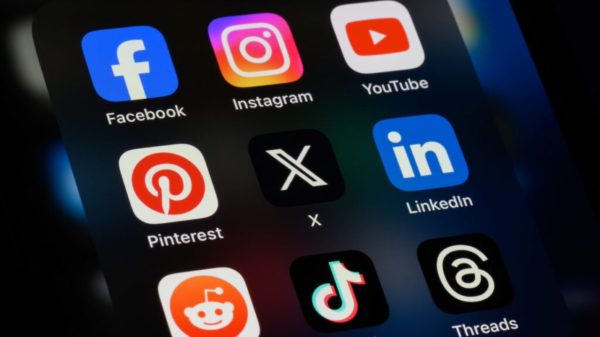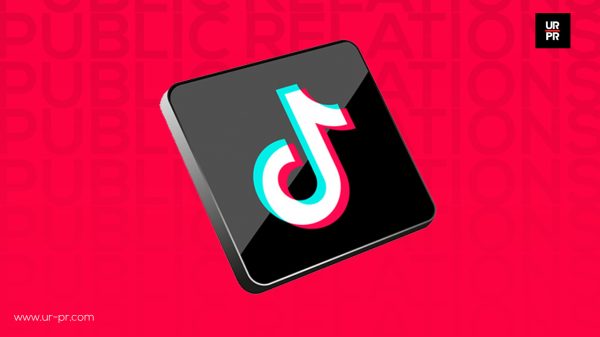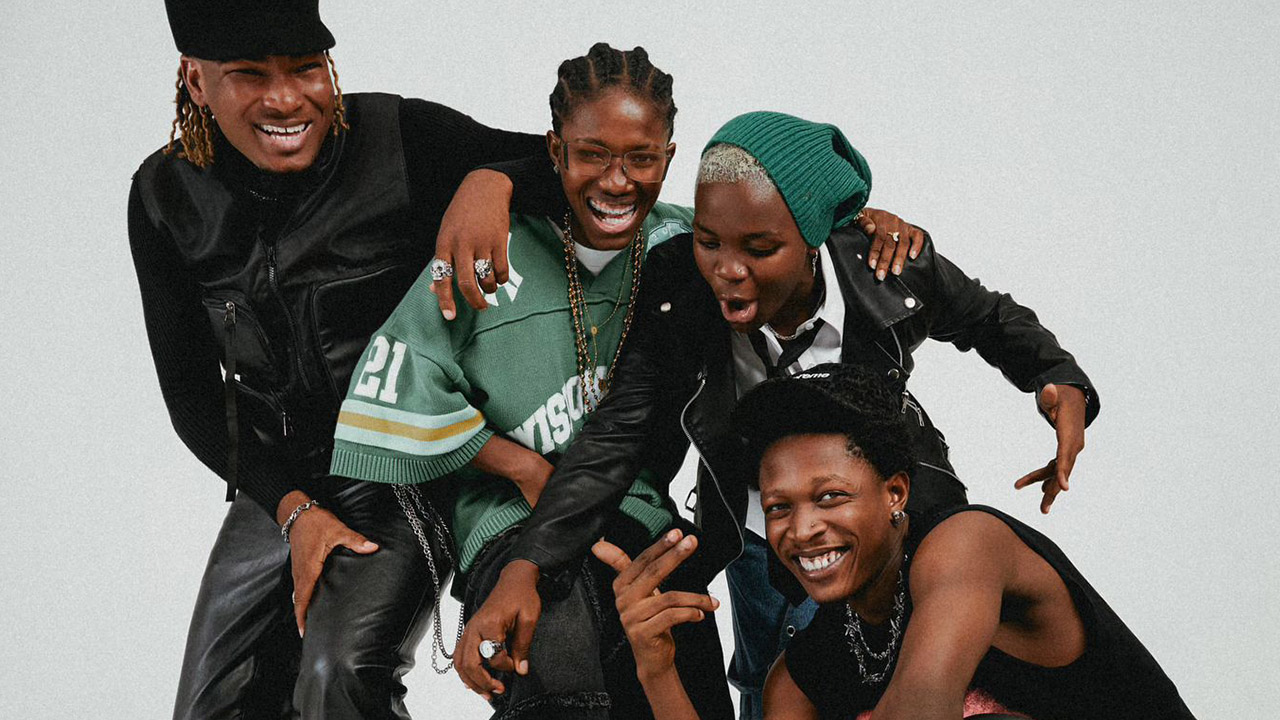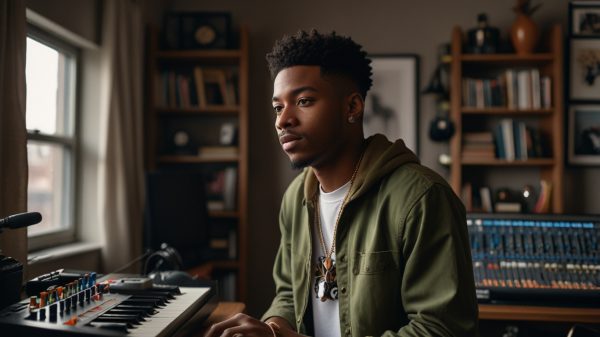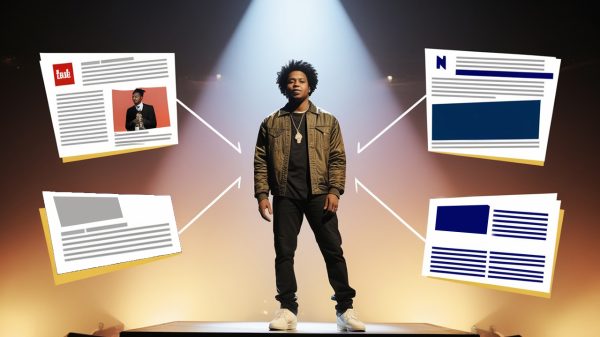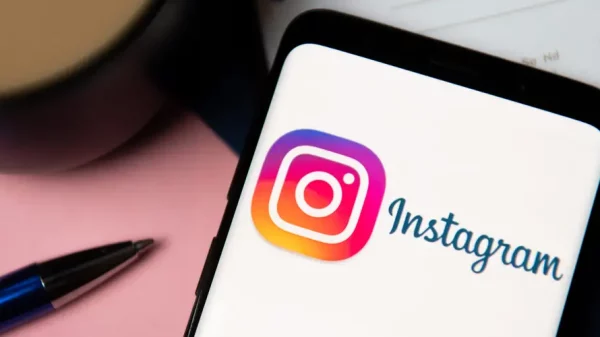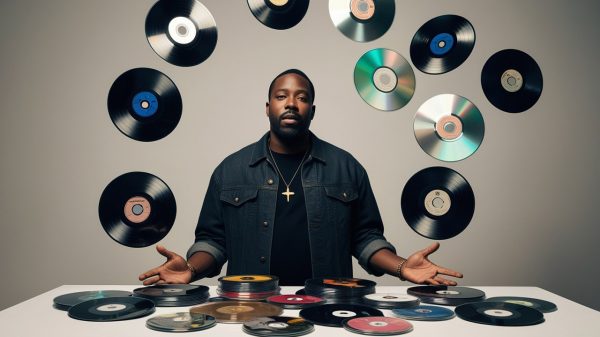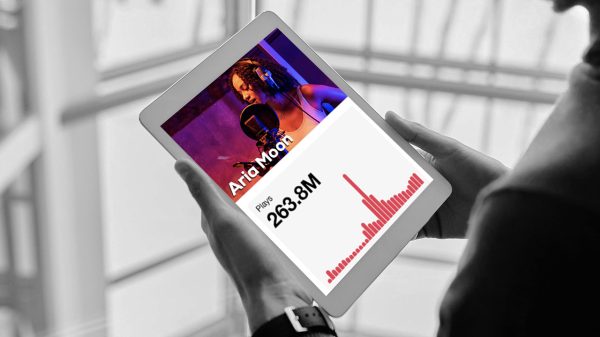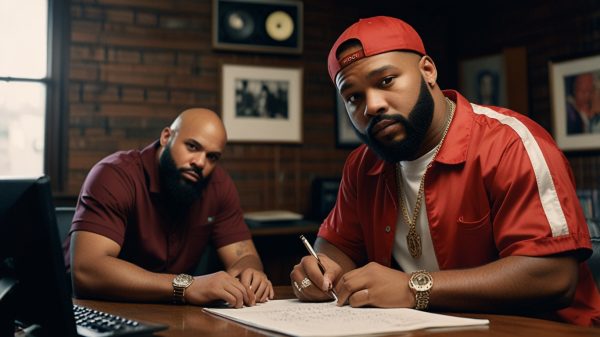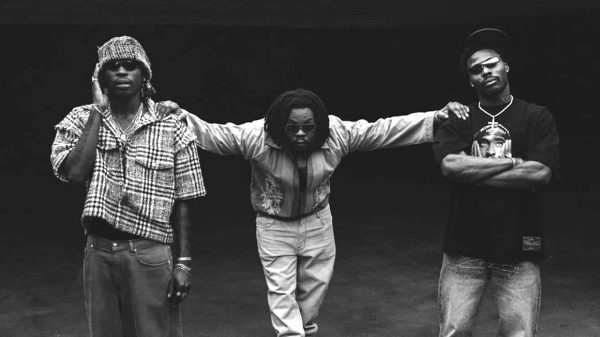The music industry is a treasure trove of opportunities, and songwriters play an essential role in shaping the soundtracks of our lives. But how do songwriters turn their talent for crafting melodies and lyrics into a steady income? In this article, we’ll explore the earning potential of songwriters, the various ways to make money in this profession, and tips for building a successful career in the songwriting world.
Songwriting is an art form that combines creativity with storytelling. Songwriters are the backbone of the music industry, creating the songs we sing along to on the radio, stream online, and hear in commercials and movies. The potential to make money as a songwriter depends on factors like experience, demand for your work, and how well you navigate the business side of the industry.
On average, songwriters in the U.S. earn between $35,000 and $70,000 annually. However, earnings can vary widely depending on royalties, licensing deals, and additional income streams. Top-tier songwriters can earn millions, making this a lucrative career for those who achieve success at a high level.
Understanding the Role of a Songwriter
Songwriters craft the lyrics, melodies, and compositions for songs. Their work can involve creating music for singers, bands, or even corporate clients. Responsibilities include:
- Writing lyrics that resonate with the intended audience.
- Developing melodies and chord progressions.
- Collaborating with producers, artists, and other songwriters.
- Revising and polishing songs to fit specific needs.
- Registering songs with performance rights organizations (PROs) for royalty collection.
Ways to Earn Money as a Songwriter
1. Royalties
Royalties are the bread and butter of a songwriter’s income. They are payments earned whenever your song is used, performed, or sold. The three primary types of royalties are:
- Mechanical Royalties: Earned from physical or digital sales and streams of your song. For example, each time your song is streamed on platforms like Spotify or Apple Music, you receive a small payment.
- Performance Royalties: Collected when your song is performed live, played on the radio, or streamed online. These are typically managed by PROs like ASCAP, BMI, or SESAC.
- Synchronization (Sync) Royalties: Earned when your music is used in films, TV shows, commercials, or video games. Sync royalties can be a substantial source of income for songwriters.
2. Selling Songs
Songwriters can license their songs to artists, record labels, or music libraries. Licensing deals allow artists to use your song while you retain ownership of the composition. Alternatively, you can sell the rights to your song outright, though this means relinquishing future royalty income.
3. Songwriting Contests and Competitions
Participating in songwriting contests is a great way to gain exposure and earn money. Many competitions offer cash prizes, recording opportunities, or connections with industry professionals. Winning or even placing in a contest can boost your credibility as a songwriter.
4. Collaborations and Co-Writing
Co-writing with other songwriters, artists, or producers can open doors to new opportunities and income streams. Collaboration often leads to shared royalties and a chance to tap into a broader audience.
5. Music Publishing Deals
Music publishers help songwriters manage their catalogs and secure placements for their songs. In return, they take a percentage of your royalties. A good publishing deal can connect you with major artists and brands, significantly increasing your earnings.
6. Jingles and Commercial Projects
Writing jingles for advertisements, TV shows, or radio can be a steady source of income. Companies and advertising agencies often pay well for catchy, memorable jingles that promote their products or services.
7. Teaching and Workshops
If you have a knack for teaching, you can share your knowledge through songwriting classes, workshops, or one-on-one coaching sessions. This not only earns you money but also helps establish your reputation as an expert in the field.
Building Your Brand as a Songwriter
To succeed as a songwriter, you need to establish a strong personal brand. Here are some tips:
- Create a Portfolio: Compile your best work into a professional portfolio that showcases your style and versatility.
- Network: Attend music industry events, join songwriting groups, and connect with artists and producers.
- Leverage Social Media: Use platforms like Instagram, TikTok, and LinkedIn to share your work and connect with potential collaborators.
- Stay Persistent: Success in songwriting often requires patience and perseverance. Keep honing your craft and seizing opportunities.
Essential Tools and Resources for Songwriters
Having the right tools and resources can make a significant difference in your career. Consider using:
- Digital Audio Workstations: DAWs like Logic Pro, Ableton Live, or GarageBand for composing and recording.
- Lyric Writing Apps: Tools like MasterWriter or LyricStudio to organize your ideas.
- Music Libraries: Platforms like Songtradr or Taxi to license your music.
- Performance Rights Organizations (PROs): Organizations like ASCAP, BMI, or PRS for Music to manage your royalties.
- Online Courses: Platforms like Coursera, Skillshare, or Berklee Online to enhance your skills.
Common Challenges and How to Overcome Them
Challenge 1: Competition
The music industry is highly competitive. To stand out, focus on developing a unique sound and building strong relationships within the industry.
Challenge 2: Rejection
Rejection is part of the process. Use it as an opportunity to learn and improve your craft.
Challenge 3: Legal Issues
Understanding copyright laws and contracts is crucial. Consider working with an entertainment lawyer to protect your rights and interests.
Success Stories of Songwriters
Learning from successful songwriters can be inspiring. For instance:
- Diane Warren: With hits like “I Don’t Want to Miss a Thing,” Warren has built a legendary career through hard work and perseverance.
- Max Martin: Known for crafting hits for artists like Taylor Swift and The Weeknd, Martin’s career exemplifies the power of collaboration and consistency.
- Ryan Tedder: The OneRepublic frontman has penned chart-topping songs for artists like Adele and Beyonce, demonstrating the importance of versatility.
- Tekno, Teni, Runtown and Adekunle Gold have all written hit songs for Nigerian superstar Davido.
Making money as a songwriter is not just about talent; it’s about understanding the industry, diversifying your income streams, and building lasting relationships. By combining creativity with business savvy, you can turn your passion for songwriting into a thriving career.
Frequently Asked Questions (FAQs)
How much money does a songwriter make per song?
Songwriters can earn anywhere from a few hundred to several thousand dollars per song, depending on the usage and popularity of the track.
Who is the highest-paid songwriter?
Paul McCartney is often cited as one of the highest-paid songwriters due to his extensive catalog of hits with The Beatles and his solo career.
How to get paid as a songwriter?
To get paid, register your songs with a PRO, seek licensing deals, and explore multiple income streams like sync placements and collaborations.
How do songwriters sell their songs?
Songwriters sell their songs through music publishers, licensing platforms, or by pitching directly to artists and labels.
Does YouTube pay songwriters?
Yes, YouTube pays royalties for copyrighted songs used in videos. These are typically collected through Content ID systems and PROs.
Who is the No. 1 songwriter in the world?
This can vary depending on metrics, but Max Martin is often regarded as one of the most influential contemporary songwriters due to his string of global hits.
Who gets paid more, the singer or songwriter?
It depends. Singers may earn more from performances and merchandise, while songwriters earn from royalties and licensing. However, in some cases, songwriters—especially those who retain ownership—can earn more in the long run.



